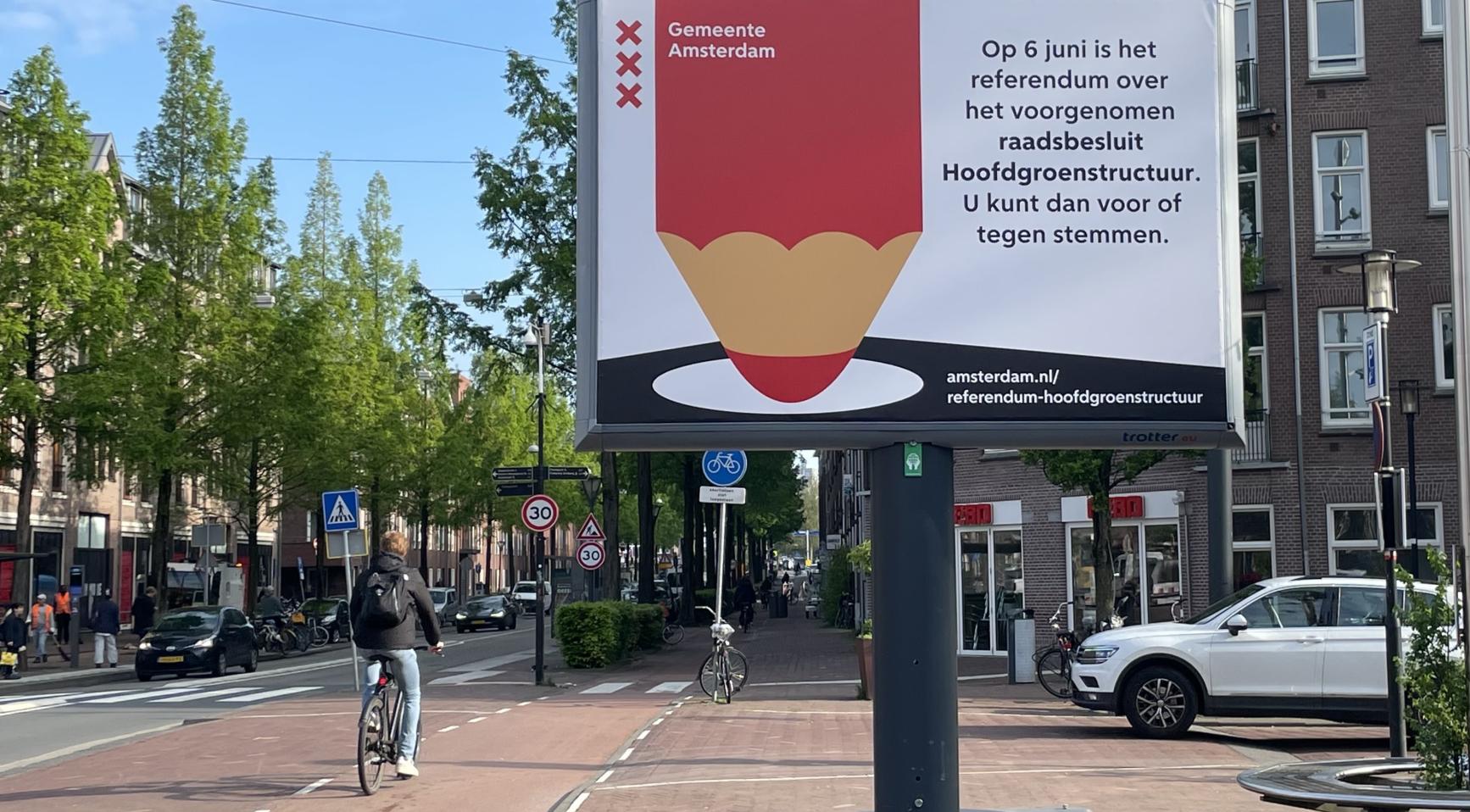The parliamentary election will happen on October 29, caretaker Minister Judith Uitermark of Home Affairs confirmed after the Council of Ministers on Friday. The Electoral Council suggested the date, and the VNG, the association of the country’s municipalities, said that it would work. Setting up and carrying out the elections will cost around 105 million euros, the VNG said on Friday.
Prime Minister Dick Schoof’s first Cabinet fell this week after PVV leader Geert Wilders pulled the support of the far-right faction from the four-party coalition. His decision was under the guise of a lack of development on strict policy regarding asylum, migration, and immigration, though his party provided the minister responsible for the issue.
The timing of the announcement also made it unlikely to schedule new elections for the Tweede Kamer, the lower house of Parliament, before the end of October. This is due to the start of the summer holiday period, which begins on July 5 in the southern third of the country, the shorter autumn vacation in October, the time parties need to prepare and campaign, and the time municipalities need to organize the process, the Electoral Council acknowledged this week.
According to Uitermark, the chosen date is “a combination and urgency,” as parliament requested. Earlier is not possible, also because of the autumn holidays. Typically, the responsible authorities have nine months to prepare for elections, but now it’s half that.
While October 29 is feasible, municipalities also need to take into account the process for preparing local elections six months later, on March 18. “It is important that the date of the elections is actually October 29 and not earlier, but also not later,” the VNG said. The final date will probably be announced later Friday.
The estimated cost of 105 million euros is based on a calculation of 7.79 euros needed per eligible voter. There were 13,473,750 eligible voters ahead of the last election, serving as the basis for the VNG’s projected budget of 104,960,512 euros.
The exact amount may still be different, as the number of eligible voters may have increased or decreased over the past two years, and the price calculation could be subject to change based on inflation rates. But that will only become clear after the elections, said a spokesperson for the VNG.
The experiment to use a smaller A3-sized ballot paper will not yet expand further. During the European Parliament elections a year ago, a trial was held in Alphen aan den Rijn, Boekel, Borne, Midden-Delfland and Tynaarlo.
These municipalities will now use the smaller ballot paper again, because “it would be confusing for residents/voters if this were suddenly no longer the case,” the VNG said. Expanding the pilot would require more preparation time.
Although the Cabinet is now in a caretaker capacity, the dissolution of the Tweede Kamer has not been announced. Once this happens, the next members of the Tweede Kamer must be sworn in 90 days later. The swearing-in ceremony typically happens about two weeks after an election.
